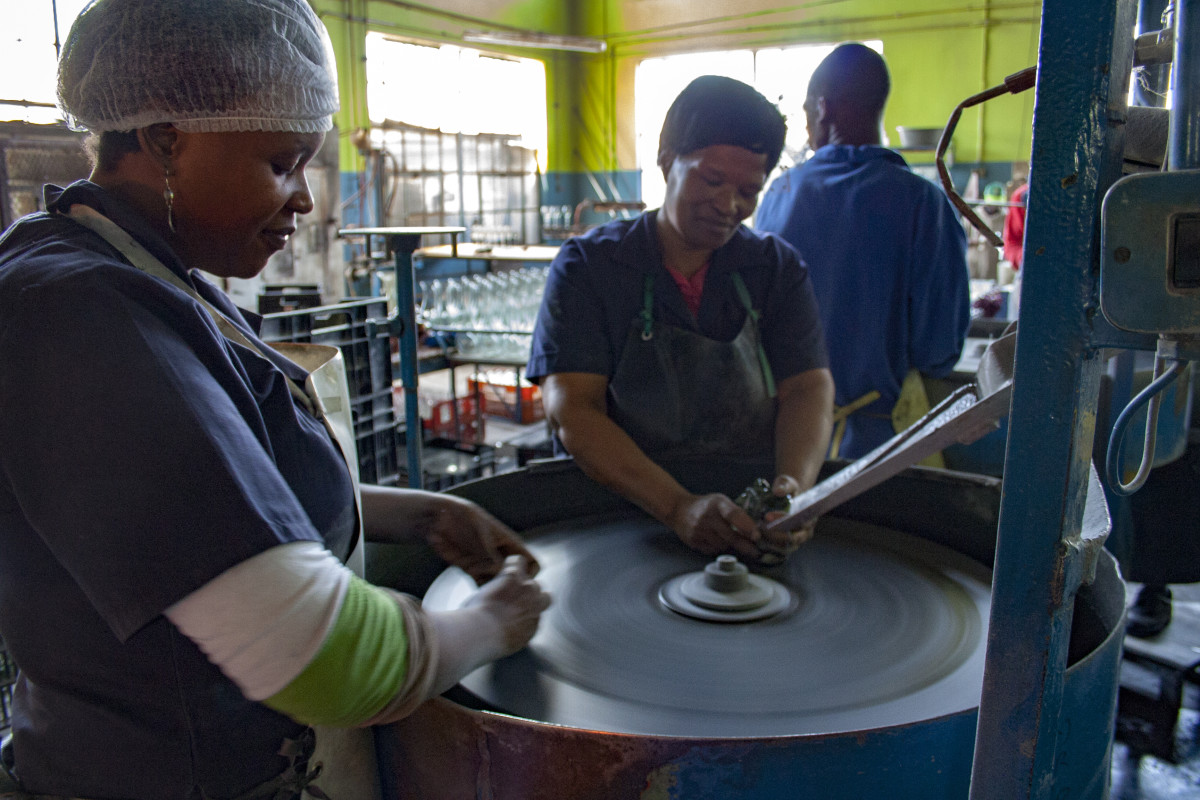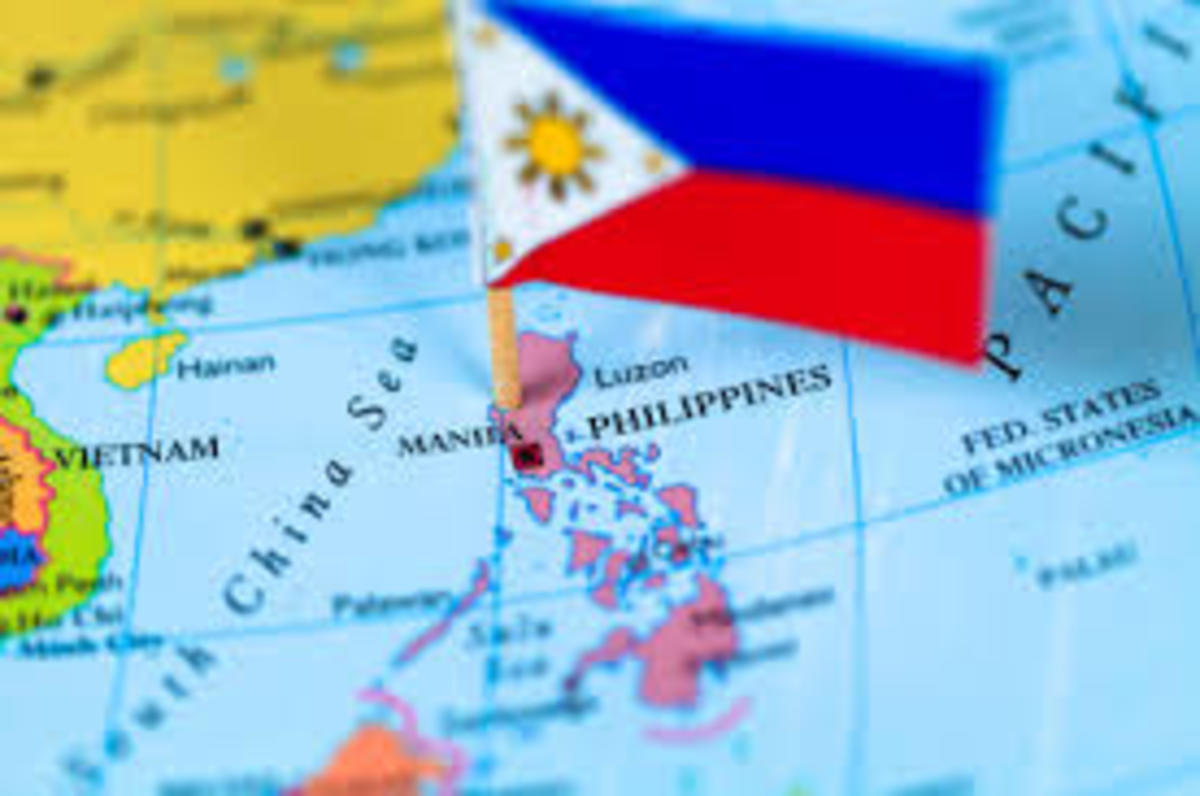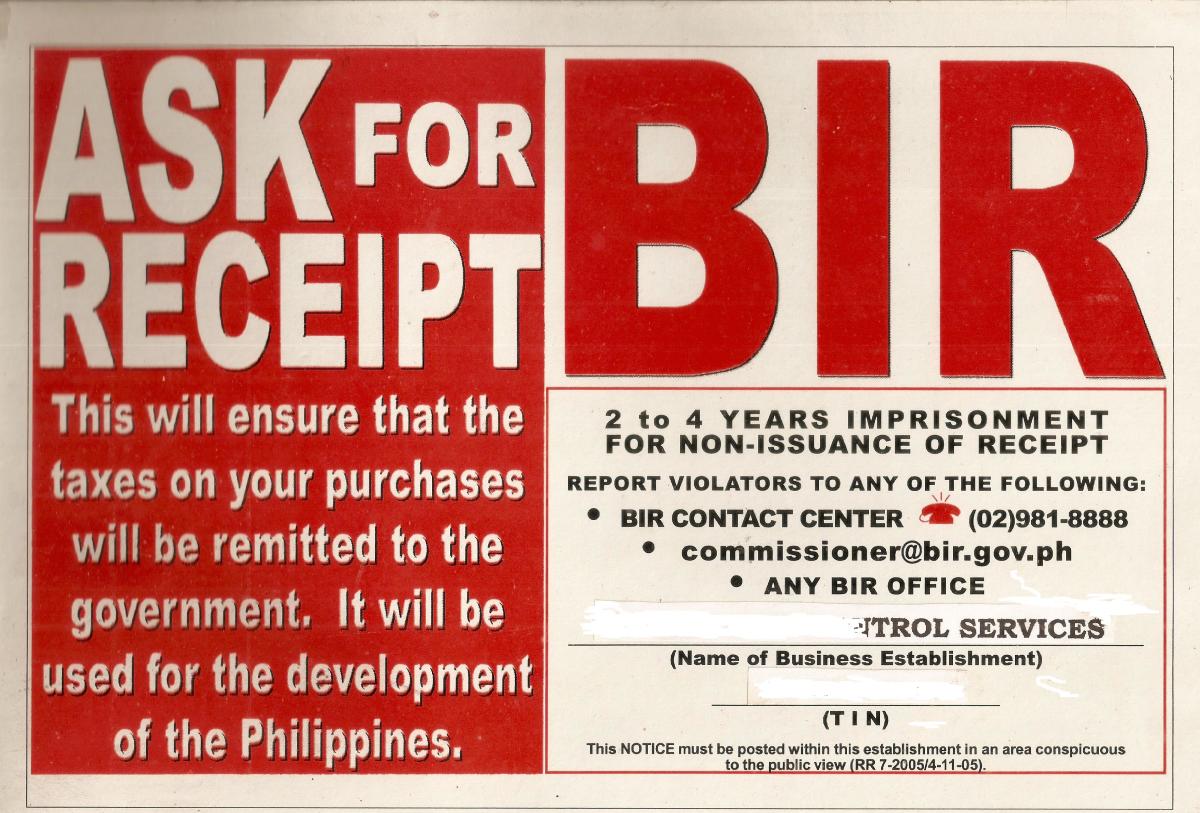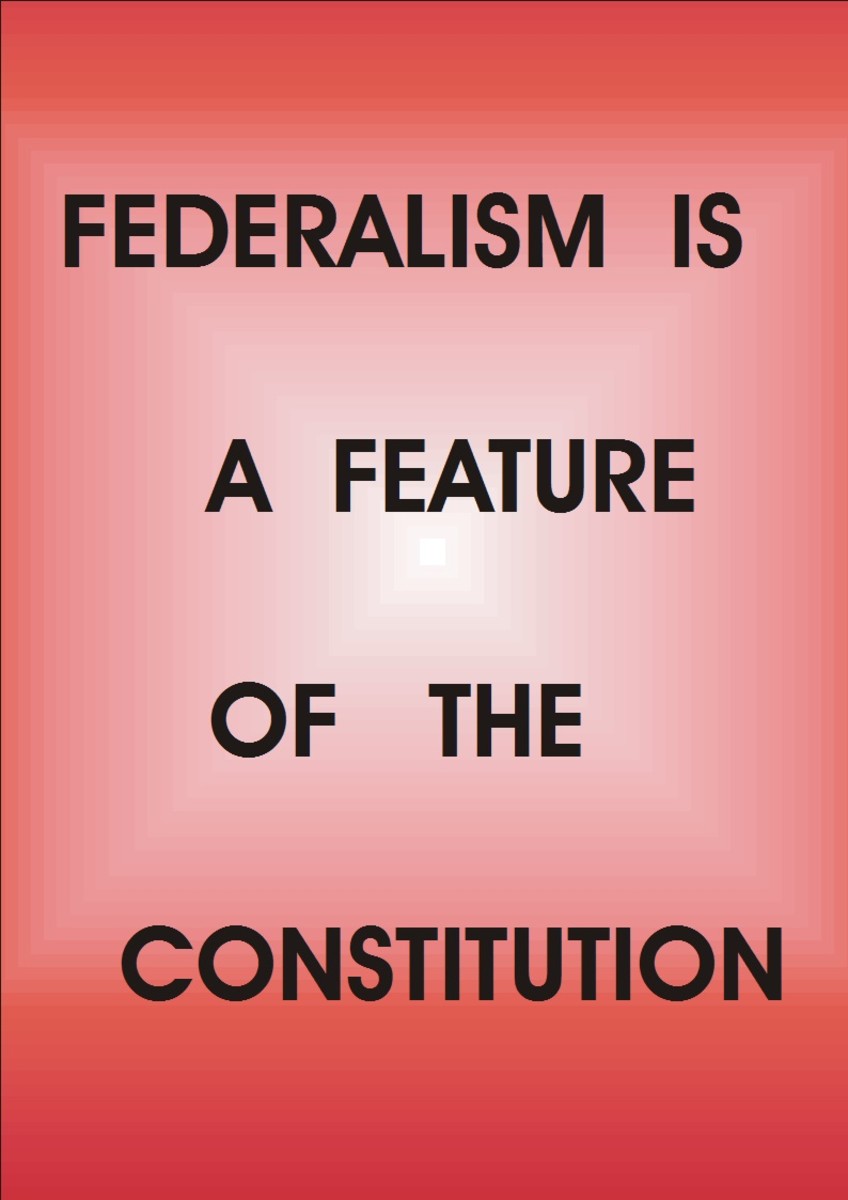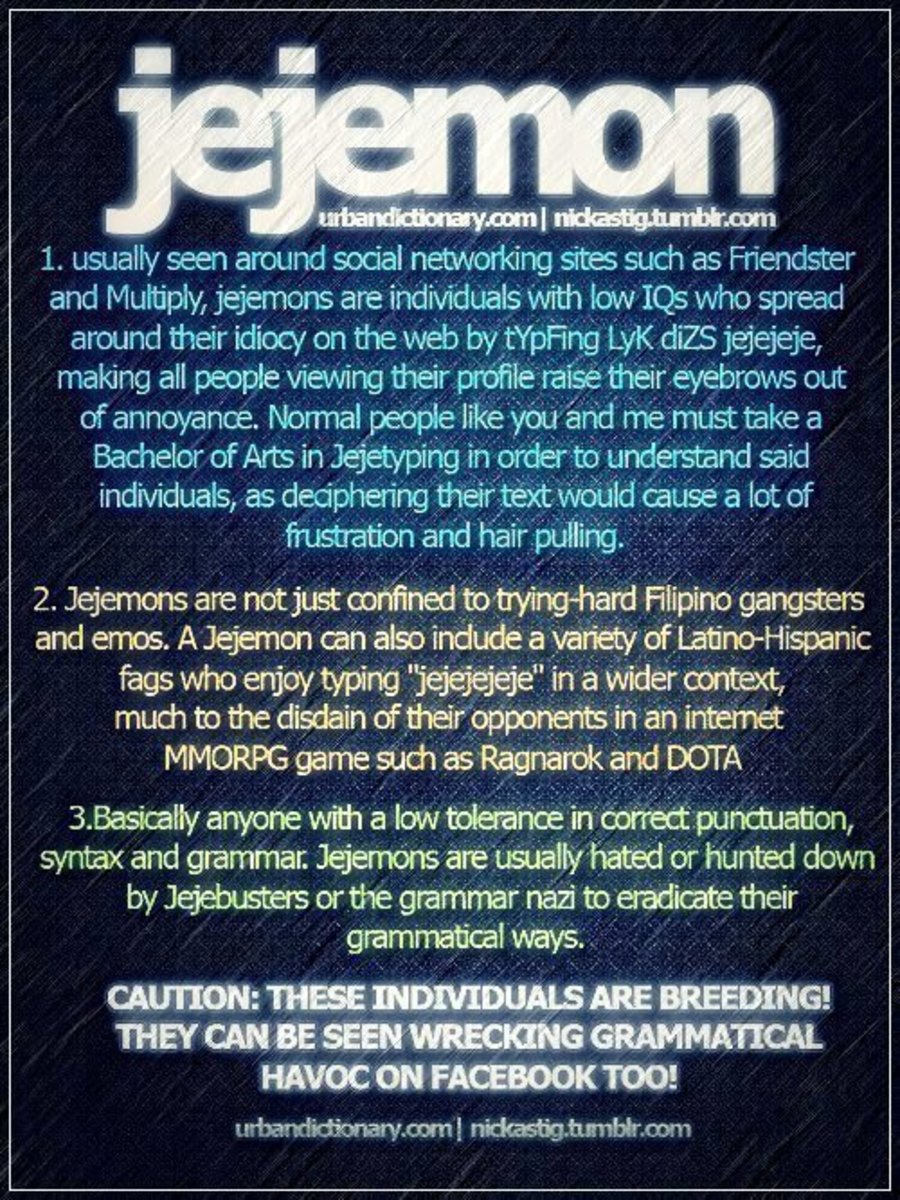Amending the Economic Provisions of the Philippine Constitution
The Constitution is said to be the Supreme Law of the Land. Most recently the issue on whether to amend certain provisions, particularly the restrictive Article 12 Economic provisions have been raised by both the Senate and House of Representatives thru charter change. As a Filipino Citizen and a business graduate student, I feel obliged to share my view on the matter. As such, I will give my opinion on each section only after learning the rationale behind why said provisions where included in the Constitution. Then I relate and assess whether the said rationale is still applicable at this day and age, putting into consideration the advent of globalization and the modern economic conditions before I decide on whether an amendment is warranted.
With regard to Section 2, which in gist limits the role of foreign investors in the exploration, development and utilization of natural resources, I believe no amendment is necessary. In fact, the need to protect our natural resources was the rationale behind the inclusion of Section 2 in the 1987 Constitution, as stated in the case of Miners Association of the Philippines, Inc. vs. Hon. Fulgencio S. Factoran, Jr., et. al., (G.R. No. 98332 Jan. 16, 1995), to wit:
“The 1984 Constitutional Convention recognized the importance of our natural resources not only for its security and national defense. Our natural resources which constitute the exclusive heritage of the Filipino nation, should be preserved for those under the sovereign authority of that nation and for their prosperity. This will ensure the country's survival as a viable and sovereign republic." (emphasis supplied)
While I recognize the need for a more flexible economic policy on the exploration, development and utilization of natural resources to meet the changing dynamics of the foreign economic environment because we lack the technical and financial capabilities, I believe the exception provided by the Constitution whereby the “The President may enter into agreements with foreign-owned corporations involving either technical or financial assistance for large-scale exploration” would already suffice. In fact, going even further would just be detrimental to the country as it would expose us to risk of destruction and exploitation of the natural resources. I share the sentiments of most environmentalists on this issue - it is definitely not worth the risk because the benefits that can be reaped from foreign directed mining/oil operations and explorations will never outweigh the cost of destruction of our natural resources.
Likewise, I am not amenable to revising Section 3 of Article XII of the 1987 Constitution. The said section pertains to the prohibition on corporations to acquire or hold lands except by lease for a period not exceeding 25 years, renewable for not more than 25 years. Without the need to elaborate, the constitutional ban in Section 3 is intended to ensure that there be would equal distribution of lands among Filipinos. In the case of Francisco I. Chavez vs. Public Estates Authority (G.R. No. 133250 May 6, 2003), the Supreme Court had the occasion to rule that:
“This scheme will effectively nullify the constitutional ban in Section 3, Article XII of the 1987 Constitution which was intended to diffuse equitably the ownership of alienable lands of the public domain among Filipinos, now numbering over 80 million strong.
XXX
This will result in corporations amassing huge landholdings never before seen in this country - creating the very evil that the constitutional ban was designed to prevent. This will completely reverse the clear direction of constitutional development in this country. The 1935 Constitution allowed private corporations to acquire not more than 1,024 hectares of public lands. The 1973 Constitution prohibited private corporations from acquiring any kind of public land, and the 1987 Constitution has unequivocally reiterated this prohibition.”
In the same vein, I would not recommend changes to sections 7 and 8, which prohibit foreign ownership of lands. The rationale behind the prohibition on foreign ownership of lands is to ensure the preservation of the nation’s land for future generations of Filipinos (Camilo F. Borromeo vs. Antonietta O. Dascallar G.R. No. 159310 Feb 24, 2009).
Grounded on the abovementioned rationale, and given the current scenario where the land reform is still incomplete and the presence of an increasing settlement problem in Urban Cities would make the opening our lands to foreign ownership not a viable option at this time. Moreover, the Investors Lease Act (RA7652) allows foreign investors to lease land for a maximum of 50 years, renewable once for up to 25 years for the establishment industrial states, factories, assembly or processing plants, agro-industrial enterprises, land development for industrial, or commercial use, tourism, and other similar priority productive endeavors. While it is far from ideal for foreign investors as leasing land involves legal expenses and complications, I believe it would suffice for foreign investors to conduct business in our country.
Section 11 pertains to the limitations on the foreign investors in the equity and in the management of public utility companies in the Philippines. The logic behind this is reflected in the case of Wilson P. Gamboa vs. Finance Secretary Margarito B. Teves, et. al., (G.R. No. 176579 Jun 28, 2011), where the Supreme Court ruled:
“The Provision is an express recognition of the sensitive and vital position of public utilities both in the national economy and national security. The evident purpose of the citizenship requirement is to prevent aliens from assuming control of public utilities, which may be inimical to the national interest. This specific provision explicitly reserves to Filipino citizens control of public utilities, pursuant to an overriding goal of the 1987 Constitution: to conserve and develop our patrimony and ensure a self-reliant and independent national economy effectively controlled by Filipinos.” (emphasis supplied)
Although I am in accord with the aforementioned rationale, I am convinced that the public utility is one sector where our country direly needs long-term capital today for vast requirements of capital-intensive infrastructures, energy, transport and telecoms which may only come from foreign direct investments because local capital is insufficient to finance such large infrastructure projects. Furthermore, the entry of foreign investors would improve the competition and thus, improve the quality of service provided to the people. Therefore, in my opinion amending Section 11 to remove the equity and management restriction has a reasonable cause.
Finally, Section 14 states the restriction on the practice of all professions in the Philippines to Filipino Citizens. While I was not able to find legal rulings supporting logic behind the restriction, I would agree to amend and liberalize the practice of profession with the principle of reciprocity for practical reasons. As a professional myself (CPA), I believe opening the doors to foreign professionals to practice here in the Philippines will benefit the country in the long haul because we can adopt the best practices, skills and knowledge that local professionals may not offer. As stated in the Joint Foreign Chambers advocacy paper Arangkada Philippines 2010, “Because millions of Filipinos work abroad and support the Philippine economy with their remittances, it should be in the national interest to seek the reduction of restrictions on professionals in other countries, for example, in the negotiations on the General Agreement on Trade in Services (GATS) under the WTO and the ASEAN Framework Agreement on Services (AFAS). At the same time, having more foreign professionals practicing in the Philippines can bring new skills, ideas, connections and integration into global networks of service providers.”
© 2014 Rhandel D Santos CPA MBA


